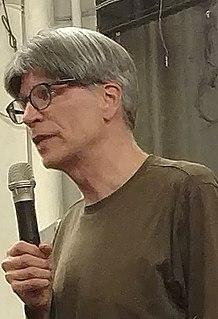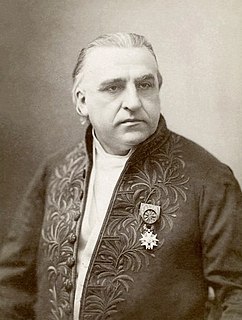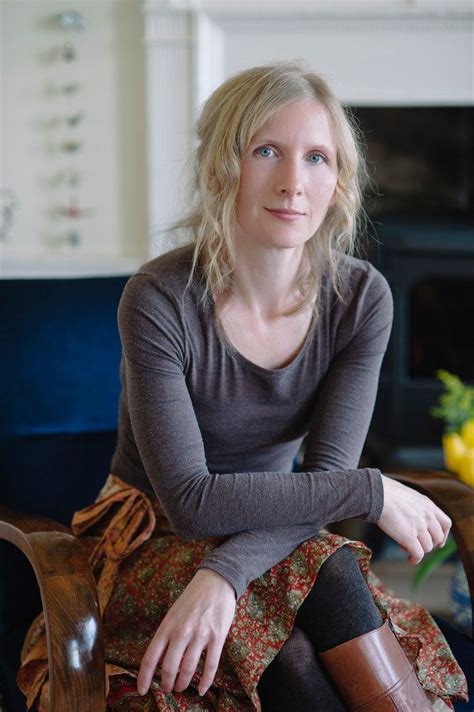A Quote by Thom Mayne
I'm not a tabula rasa type. In some ways, the more constraints I have, the work is more interesting to me.
Quote Topics
Related Quotes
We want to do things that are interesting, great storytelling, some of it is gonna be more fun and funny, some of it is more serious and talking about interesting issues that we think are provocative and interesting to us. Kind of on a more political level. But, you know, just things that we find interesting that we think stories that need to be told.








































